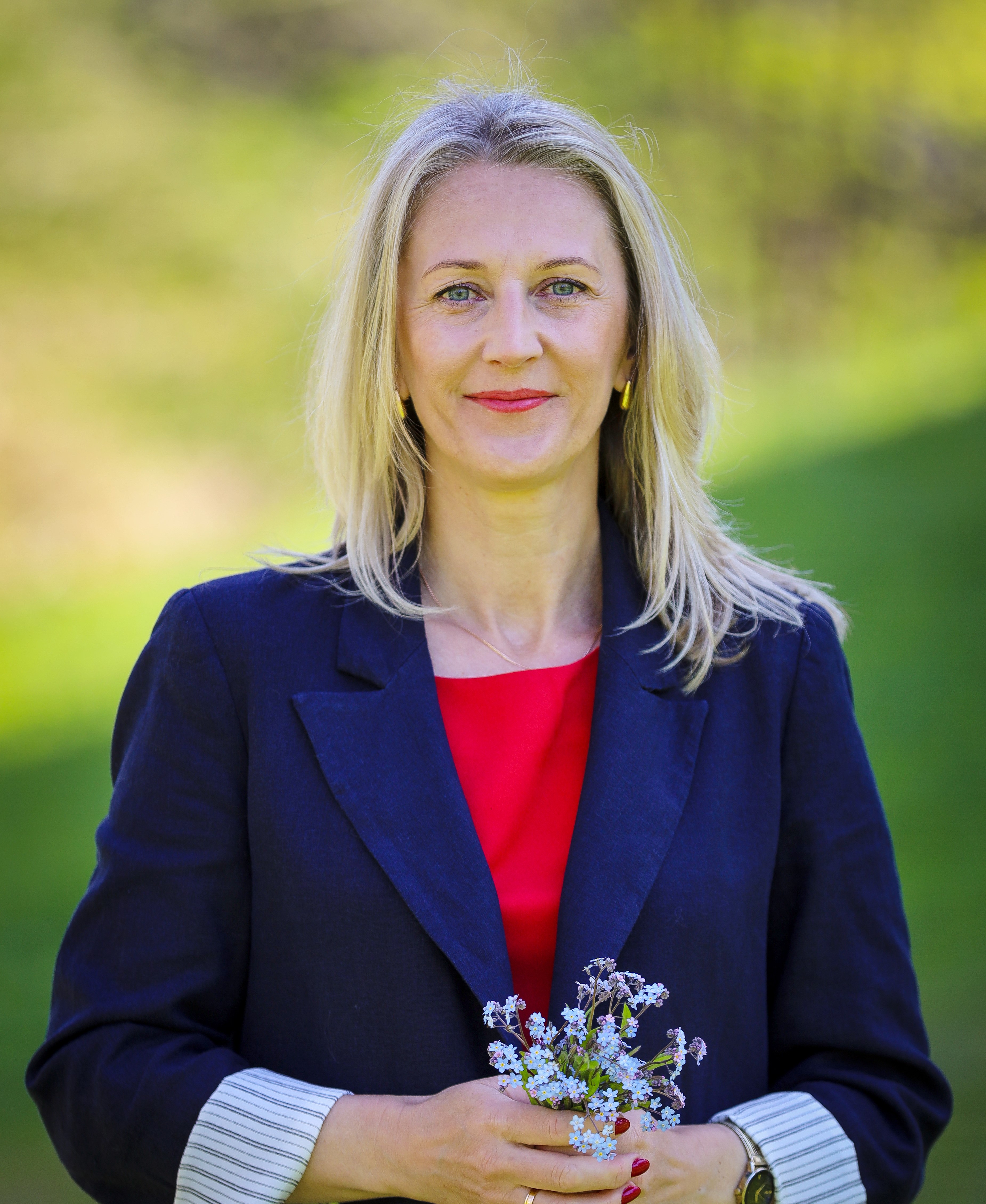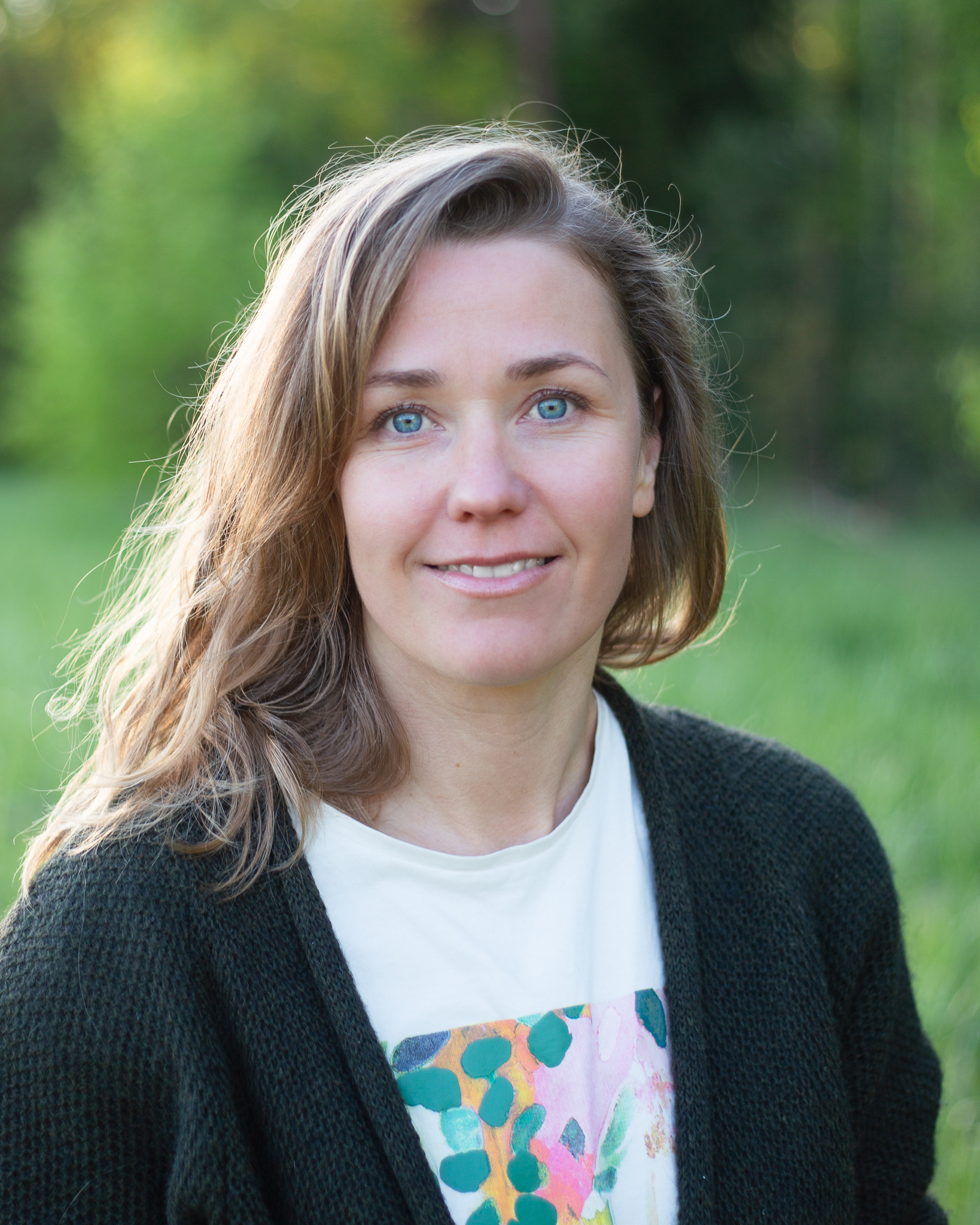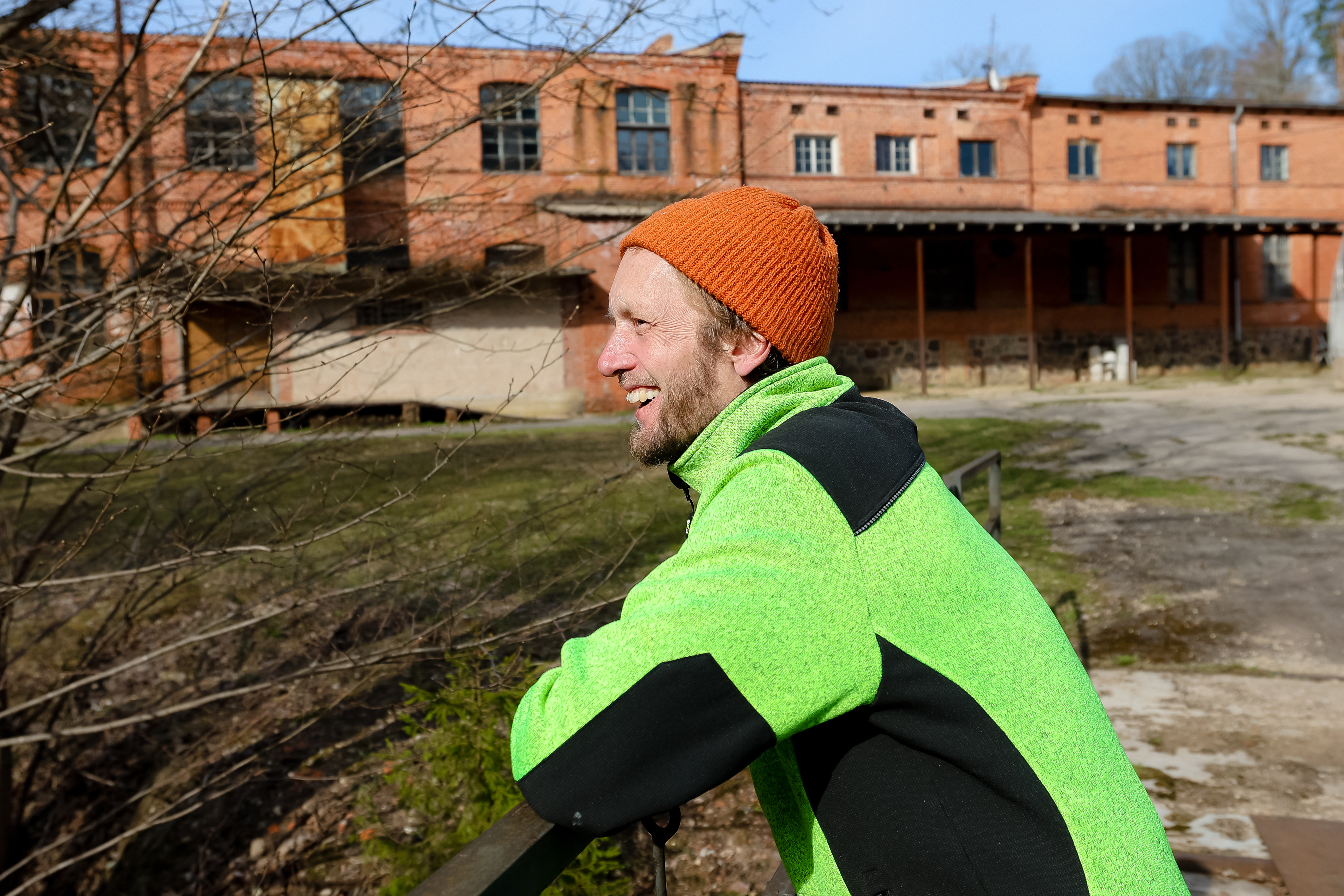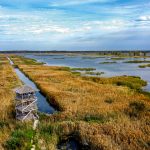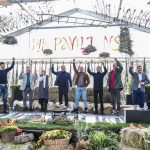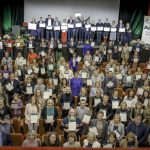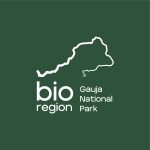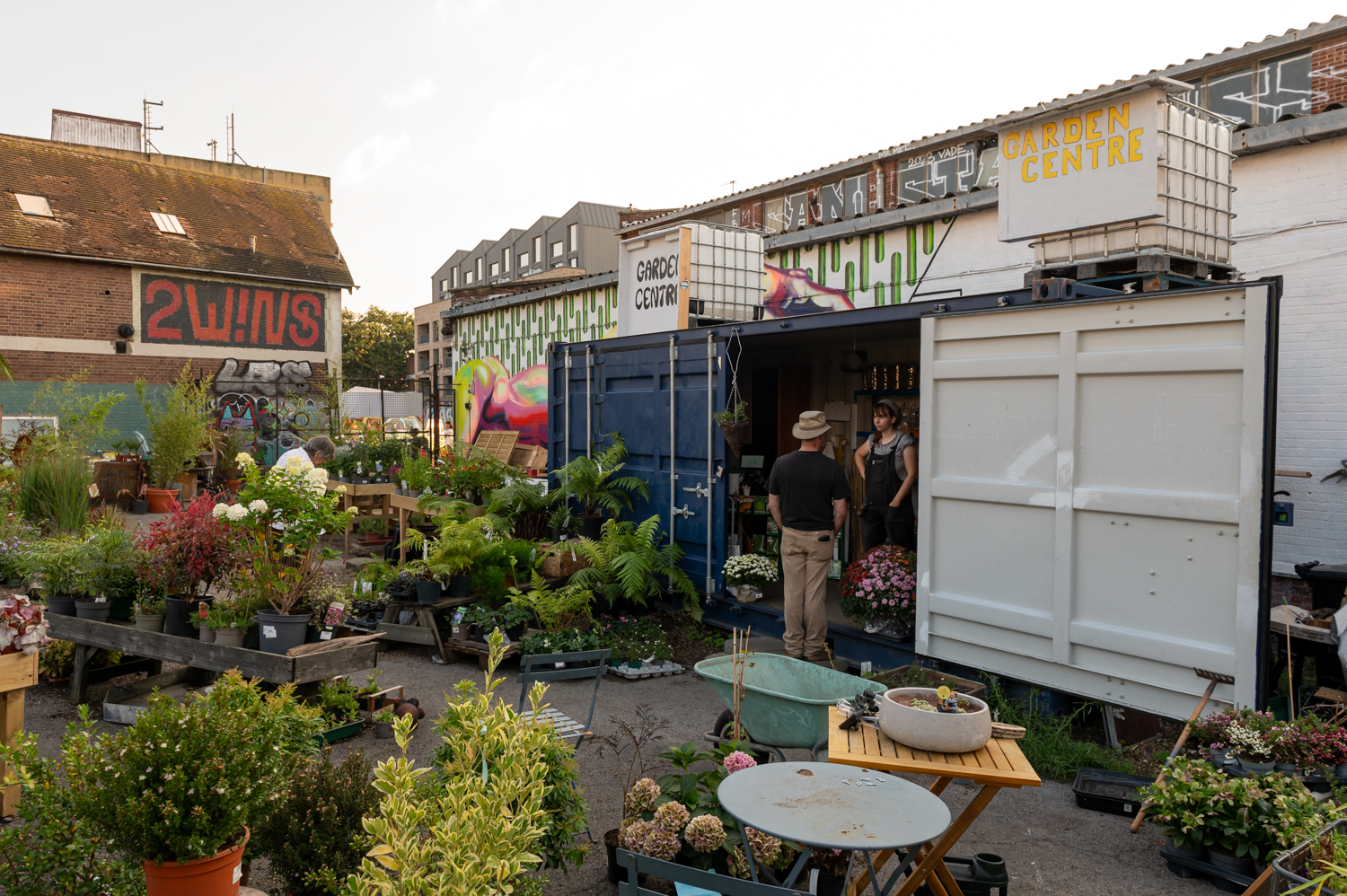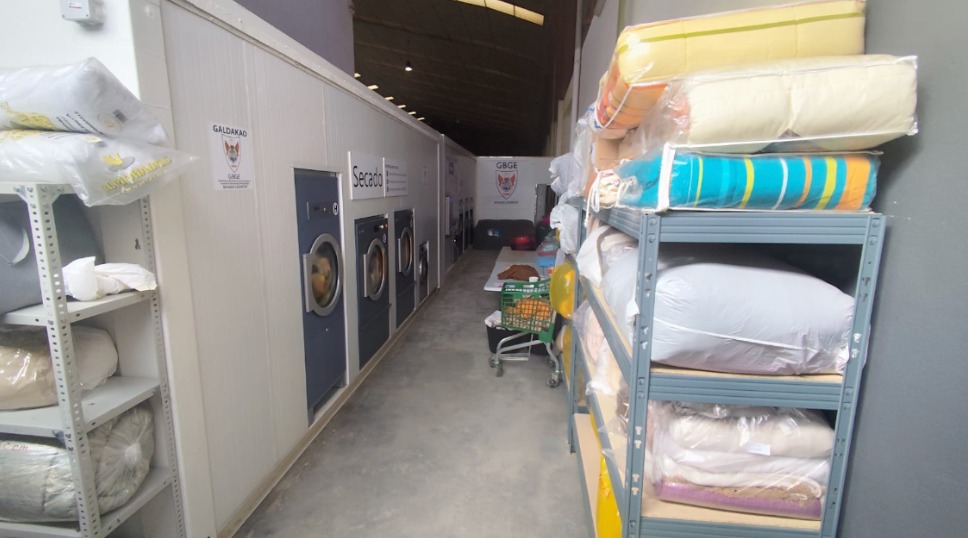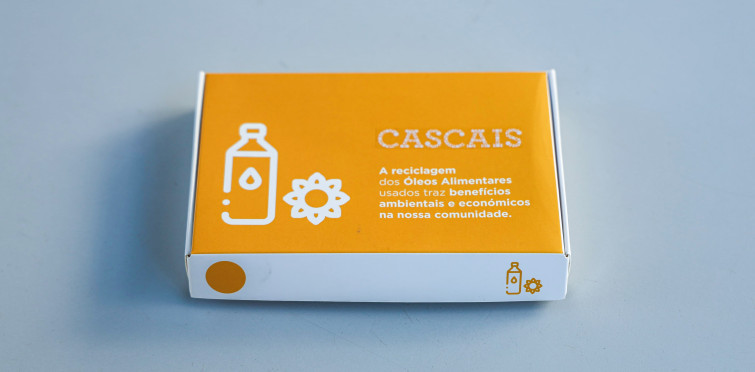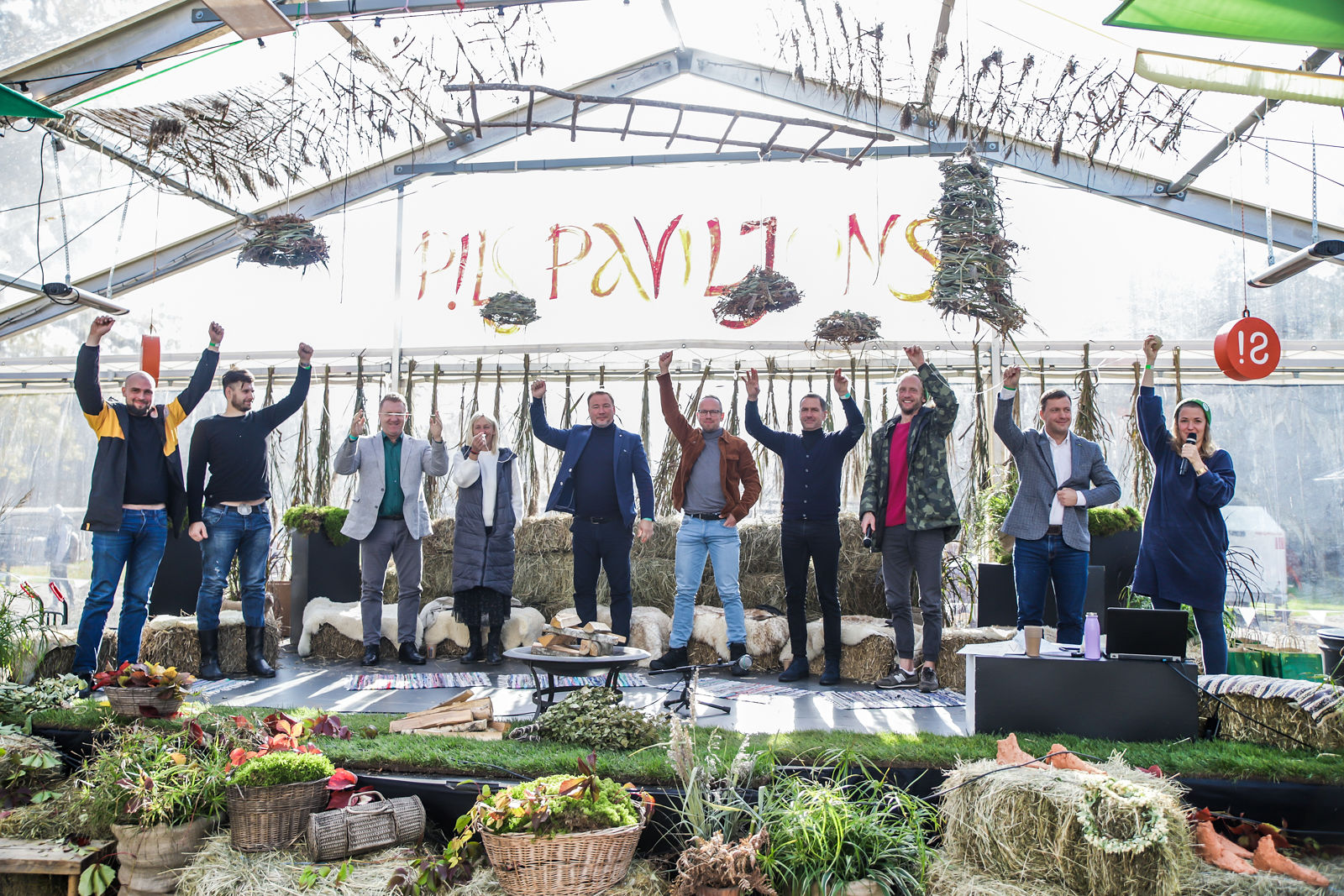
The project introduces the first bioregion in the Baltics, aiming to create a replicable model for regenerative, place-based development that prioritises environmental sustainability, community well-being, and economic resilience.
PIONEERING A SUSTAINABLE DEVELOPMENT MODEL
In response to climate change, biodiversity loss, and unsustainable consumption, the project establishes a bioregion to implement cross-sectoral resource management practices. It promotes organic food systems, renewable energy, sustainable and slow tourism, and circular economy principles. Key initiatives include shortening food supply chains, increasing organic land use, integrating local produce in school meals, and aligning policies with sustainable development goals. This comprehensive model is designed to serve as a template for other Latvian regions and the broader Baltic area.
COMMUNITY ENGAGEMENT AND CO-CREATION
Central to the bioregion’s approach is community participation through co-creation workshops, innovation sprints, green-lifestyle festivals, art events, and volunteer working groups. A new digital platform, an annual forum, and a Memorandum of Good Will ensure continued dialogue and commitment. Developed over a year through open dialogue, the Memorandum has been adopted by four municipal councils and over 200 individuals, solidifying a shared vision for the region’s sustainable future.
SOCIAL, ECONOMIC, AND ENVIRONMENTAL IMPACT
The bioregion project fosters local identity, pride, and a sense of belonging, particularly during a period of rural depopulation. By prioritising organic agriculture, local food systems, and sustainable tourism, it supports small producers and conserves natural resources. The initiative also seeks to attract young families and new residents while promoting biodiversity and ecosystem health, reducing waste, and enhancing community networks. The Memorandum of Good Will, endorsed by 13 institutional partners, underscores a long-term commitment to place-based, community-led transformation rooted in trust, shared responsibility, and ecological values.
